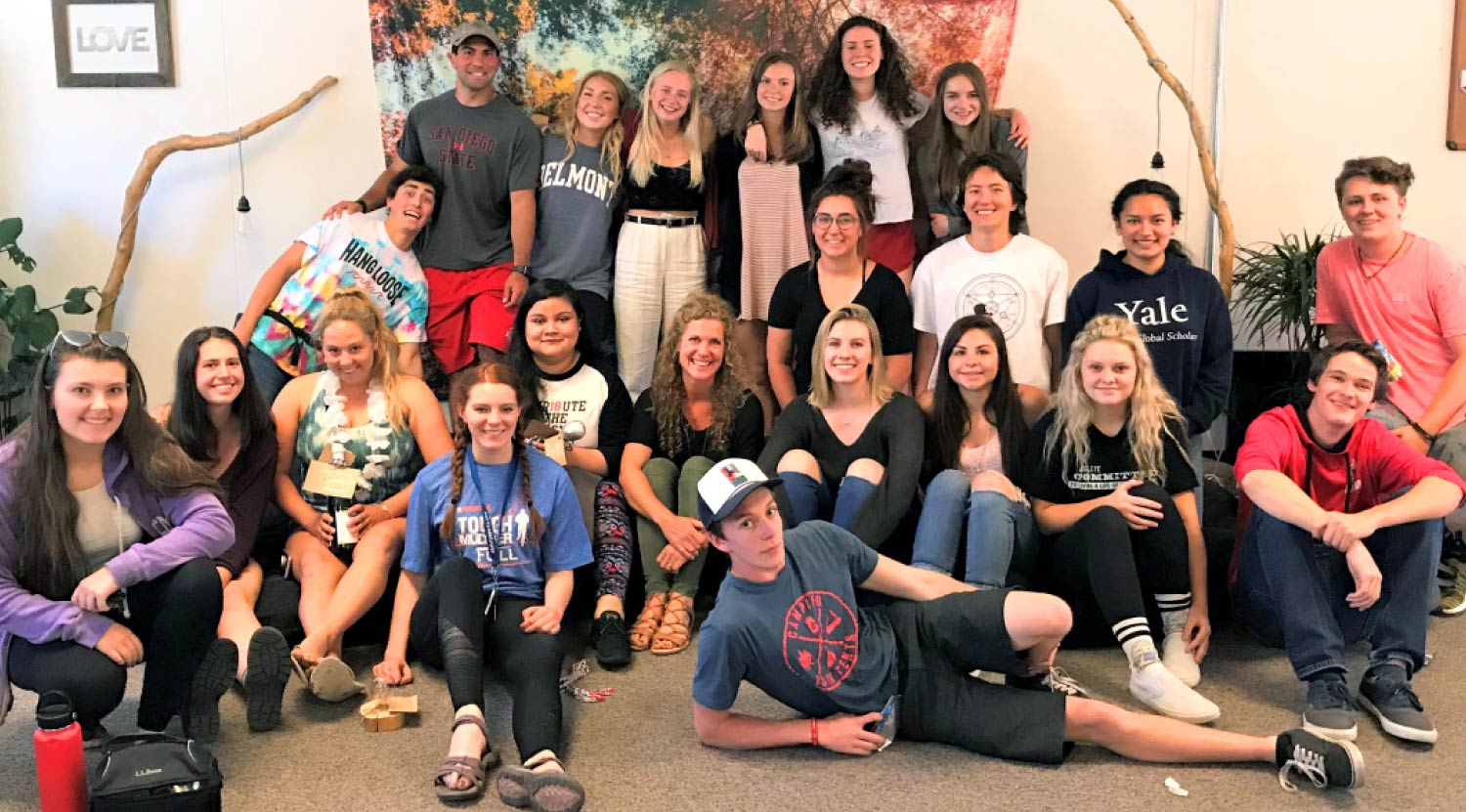
whole-child, community-centric approach is helping youths near Lake Tahoe take on adverse experiences — from poverty to substance abuse to mental health disturbances — and better equip them both for academic success and life.
Even with its scenic mountain setting, Szczurek said Tahoe-Truckee USD’s realities are not dissimilar to those of other rural districts. Composed of parts of two counties, Nevada and Placer, and spread across rugged mountainous terrain, district students come from a wide-range of socioeconomic backgrounds and include a large number of English learners. Many students have parents who work in multiple seasonal jobs without long-term security, which contributes to health and dental insurance obstacles. Students also report a high incidence of depression, and, due to geography and winter weather, have trouble accessing traditional social services.

District officials have also taken note of California Healthy Kids Survey findings, which show that 35 percent of 11th-grade students enrolled in Tahoe-Truckee USD experience chronic sadness and hopelessness. That number is higher than nearby school districts and California overall. Rural Placer and Nevada counties also have double the national average of youth suicides, according to the 2016 North Tahoe-Truckee Community Report Card.
Taking the challenges in stride and recognizing the issues at hand, Szczurek said the district looked to its community partners to help support students in crisis.

The Community Collaborative is a regional coalition composed of 45 community-based organizations focused on creating safe and healthy environments. The entity is critical to the initiative’s operation, Szczurek said. “Luckily, we have a community that is very concerned and collaborative,” she said.
From there, the governance team of the Tahoe-Truckee USD board and Superintendent Rob Leri came together using will power and a coordinated vision to turn the plan into a reality. Part of that implementation was strengthening and creating new community connections by way of newsletters, blog posts, coffee meet-and-greets and other inclusive events.
The community relations have paid big dividends for the district, as nearly 79 percent of voters approved a November 2018 ballot measure reauthorizing a parcel tax for nine years. Among other items, the funding from the measure goes toward elementary school counselors.
The ability to pass a parcel tax to fund programs, however, is not the norm across California, which lags well below the national average in most measures of K-12 education funding. The state funding of schools has declined from being at the top nationally 50 years ago to being among the bottom 10 states in per-pupil funding and staffing for counselors, nurses and librarians. Additionally, strikes in Los Angeles and Oakland this year focused not just on teacher pay but on school climate issues such as the number of counselors and other support staff available for students.
Acknowledging that budgets are tightening for districts across the state as they try to better serve students on many levels — and not just in the classroom — Szczurek said a sound approach is to “have the will to make it work within your budget. Finances are tight, yet we have prioritized counselors, the social-emotional supports, the annual programs that we do for the kids in the budget,” the third-term board member said.

— Kim Szczurek, board of trustees president, Tahoe-Truckee USD
Additional aspects of the health initiative are advancing the drug-free nature of schools through Athlete Committed; identifying at-risk youth through wellness and behavioral screenings; providing preventative oral health care to K-12 students and increasing teen knowledge of reproductive health issues.
“I am so proud to be part of this coordinated model of support,” Tahoe Truckee USD Executive Director of Educational Services Corine Harvey said in a statement about receiving the Golden Bell Award. “We have multiple agencies aligned in a coordinated approach to bring support to the students in a way that they feel safe and comfortable. We’re working together to do what’s best for our kids, and it’s making a huge difference.”